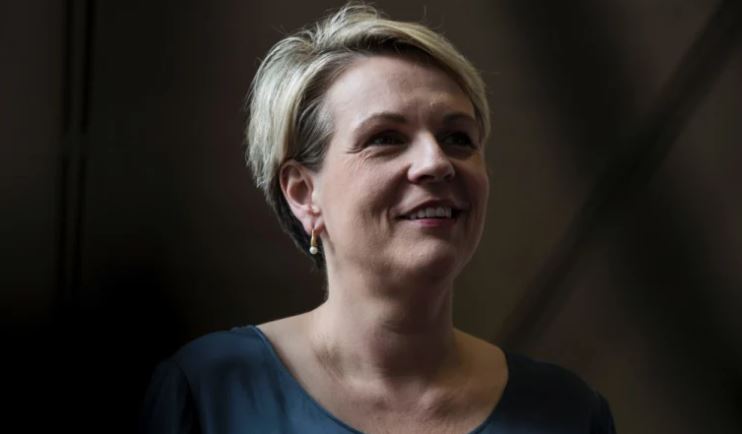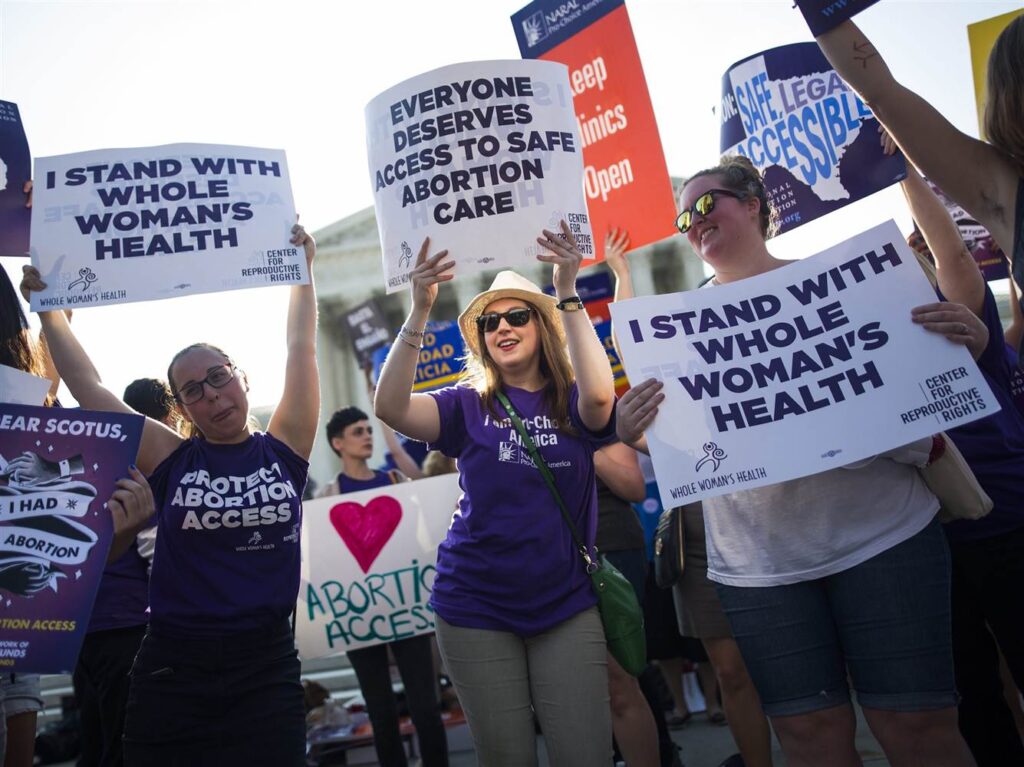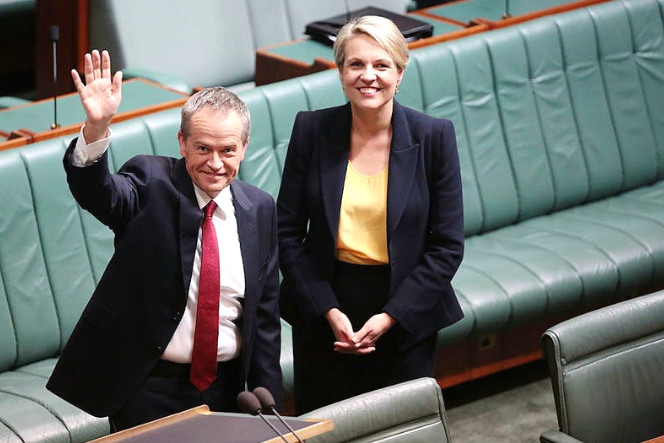In light of the upcoming federal election, Labor has pledged for public hospitals to provide free abortions as part of their National Sexual and Reproductive Health Strategy.
If the Labor party win the upcoming federal election, they have promised to change and upgrade the level of accessibility to reproductive health services across Australia.
Currently, for those living in regional or rural Australia, the only access to reproductive health services is by travelling long distances to the nearest cities. Labor has pledged to change this.
The party has set aside an initial $9.3 million over five years to build a new reproductive “health hub” in Tasmania. This would mean that women no longer need to travel interstate for reproductive care. The Sydney Morning Herald reports that Tasmanian women have been paying thousands of dollars to travel to Melbourne for abortion procedures.
Deputy Labor Leader, Tanya Plibersek, stressed that women should be able to access reproductive health services no matter where they live in Australia:
“Women have been turned away from public hospitals for termination services and have not been able to access or afford to go to a private clinic”

Plibersek also commented on the emotional burden of the women in need of these procedures:
“Choosing to terminate a pregnancy is difficult enough. Forcing a woman to travel long distances or interstate to access surgical services can dramatically increase the emotional and financial burden. We wouldn’t accept someone having to travel that far for a hip replacement or a broken bone. Women deserve better.”
According to the family planning organisation Marie Stopes Australia, about one-quarter of Australian women will access an abortion service across their reproductive lives. They also estimate that between 0 and 10 per cent of abortion services are provided by public hospitals, excluding NSW.
“Provision [of terminations] in hospitals is quite sporadic,” Marie Stopes acting chief executive, Jamal Hakim, said.
Under Labor’s proposition, the contraceptive pill, long-acting removable contraceptives and free abortions will be more widely available to Australian women.
Public hospitals would have to provide the abortion services for Commonwealth funding. However, small hospitals wouldn’t have to offer surgical abortions if it was beyond their capacity.
The Labor party will reassess the Medicare rebate that is currently associated with medical terminations. Currently, the abortion drug RU486 can cost as little as $6.40 under Medicare coverage. However, the scans, medical appointments and the surgery itself can be more than $600 out of pocket. Free abortions would go a long way in improving the livelihoods of women who require the procedure.
Only 1500 of Australia’s 35 000 GPs are registered to prescribe the RU486 abortion drug. The Labor party also pledges to change this, and increase GPs’ abilities to prescribe the drug and thus increase and its availability.

In saying this, NSW remains the only state where abortion is considered a “criminal offence”. As archaic and backward as it seems, it has been an ongoing topic of conversation for the women of NSW who are unable to access the health services necessary to them.
“This causes uncertainty and hampers the provision of essential healthcare,” Plibersek said.
The Labor party stated that they would “progress” for the decriminalisation of abortion, but there are no promises yet on that front.
A spokesman for NSW Labor leader Micheal Daley previously stated that “he would speak with the important women in his life before voting on the issue in parliament.” Current NSW Premier Gladys Berejiklian has said she is “open-minded” on decriminalisation but has made no steps in this direction.
Labor has also said it would ask the Therapeutic Goods Administration for advice on whether Australia should follow New Zealand’s lead in allowing three-year prescriptions for the contraceptive pill.
All of these pledges sound fantastic to women in Australia, and it is certainly a power play in the Labor Party’s court in regards to the upcoming election. The question remains on the time period of these pledges, but it is certainly a welcome relief to women to finally feel their health needs are being met.
Whether the long-awaited promise of free abortions and more accessible health care are enough for voters to side with Labor in the May election will only be seen closer to the date.
Featured image: source

